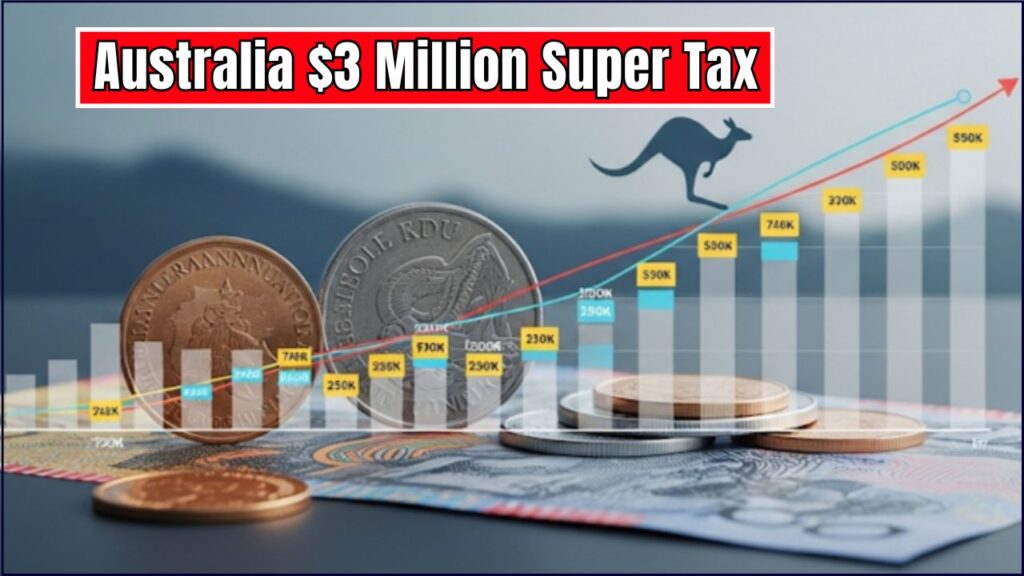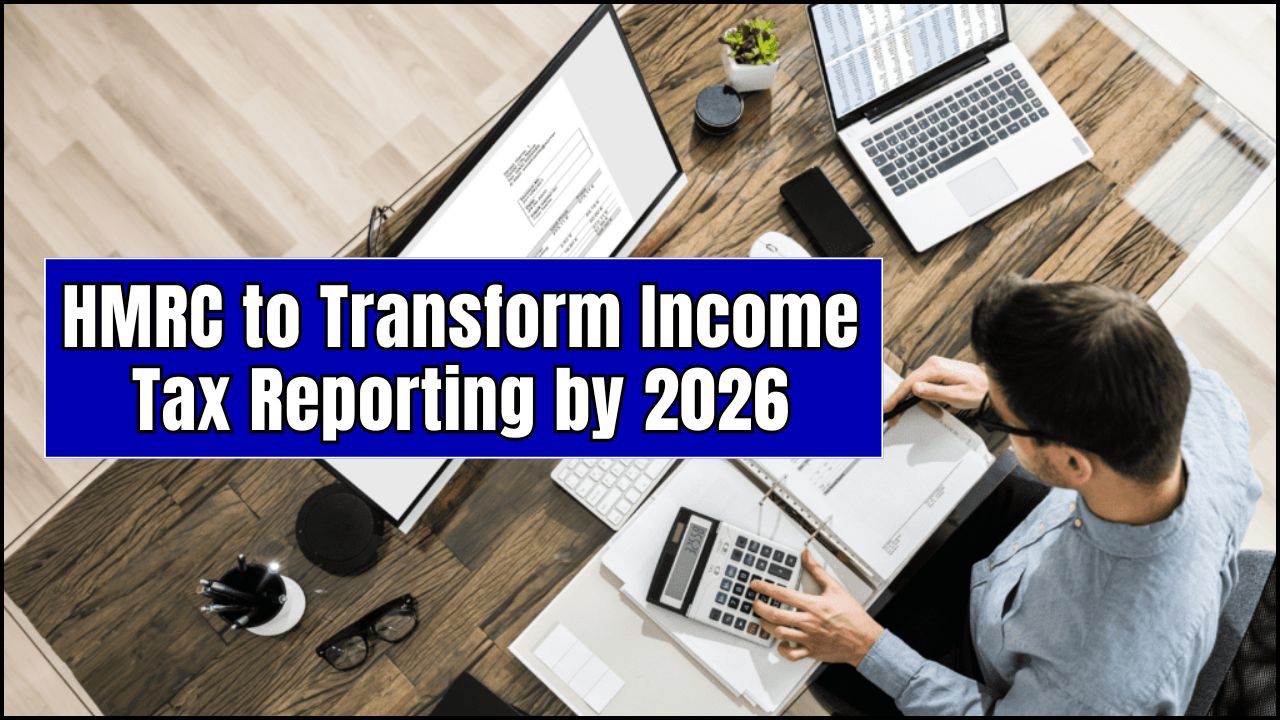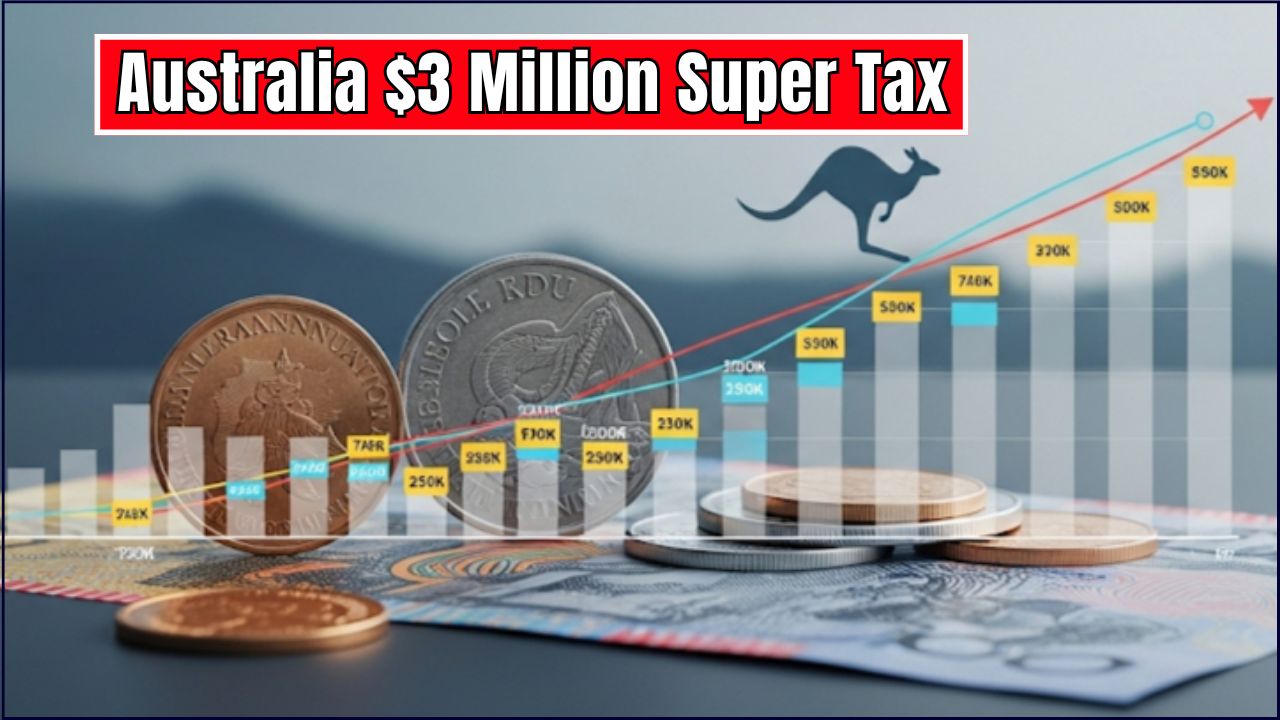Australia’s government has rolled out a major change to the superannuation system, introducing a new $3 million super tax aimed at high-income earners and people with substantial super balances. For some, this might feel like a game-changer — and it could hit you harder than you expect. But what does this new tax mean for you? Will it impact your retirement savings? And how can you prepare to face the potential consequences?

In this article, we’ll break down the $3 million super tax in simple terms and provide practical advice on how to navigate this new policy. Whether you’re just starting out with your super or already have a substantial balance, understanding the details is key to making informed financial decisions. Let’s dive in!
Australia $3 Million Super Tax
| Key Information | Details |
|---|---|
| Tax Rate | 15% on earnings exceeding $3 million |
| Affected Group | Approximately 80,000 Australians (0.5% of super holders) |
| Effective Date | Starts July 1, 2025 |
| Target Group | High-income earners, including doctors, engineers, farmers, and professionals |
| Threshold | $3 million — not indexed for inflation |
| Example | A $4.5 million balance could lead to $17,498 in taxes for $350,000 earnings |
The $3 million super tax is a significant change in Australia’s retirement savings landscape. While it only affects a small percentage of super holders, the impact on those individuals could be substantial. For people with super balances approaching or exceeding $3 million, it’s important to understand how the tax works and consider your options for managing your superannuation in light of this new policy. With a little bit of planning and strategic advice, you can minimize the impact and continue to build towards a secure financial future.
What Is the $3 Million Super Tax?
Starting July 1, 2025, Australians with super balances above $3 million will be taxed on the earnings generated from the portion of their super balance that exceeds the $3 million threshold. The tax rate will be 15%, which is applied to investment returns on balances over this limit.

For example, if your super balance is $4.5 million and your earnings are $350,000, the tax will apply to the amount that exceeds $3 million. That means you’ll pay a tax of 15% on the $1.5 million exceeding the threshold. In this case, the tax would amount to around $17,498.
Why Is This Tax Being Introduced?
Australia’s government wants to create a fairer superannuation system. The $3 million super tax is designed to target people with super balances well above the national average. It’s seen as a way to prevent wealthier individuals from using their super accounts as a way to shelter excessive amounts of wealth, while ensuring that the superannuation system remains sustainable for future generations.
The policy is primarily aimed at high-income earners, like doctors, engineers, farmers, and business owners who have accumulated large super balances over the years. The hope is that this tax will help redistribute some of the wealth, contributing to a more equitable and sustainable system.
Real-World Examples: How This Tax Will Affect You
To put the $3 million super tax into perspective, let’s consider some examples of how different professions and super balances will be impacted.
1. Doctors and Healthcare Professionals
Doctors are known to accumulate significant super balances because of their high income and years of employment. A doctor with a $4 million super balance and earnings of $250,000 could see a tax bill of around $15,000. This is a major blow for someone who’s already worked hard to save for retirement.

2. Farmers with Illiquid Assets
Farmers, who often own farmland and other property in their super, could face challenges. A farmer with a $3.5 million super balance, consisting largely of farmland, might have to pay $7,500 in tax on earnings generated by the excess balance. However, since the land is illiquid (it’s hard to sell quickly), the farmer may struggle to pay the tax bill without liquidating assets.
3. Small Business Owners
A small business owner who has sold their business and rolled the proceeds into super could also be affected. If their super balance exceeds $3 million, they would face taxes on any excess earnings. For example, a $3.2 million balance could lead to a $3,000 tax bill depending on the earnings generated.
How Will This Tax Be Calculated?
The $3 million super tax works by applying a 15% tax on the portion of your earnings that come from the super balance above the $3 million threshold. Here’s a simple formula for calculating how much you’ll pay: Taxable Earnings=Earnings×(Total Super Balance−3,000,000Total Super Balance)\text{Taxable Earnings} = \text{Earnings} \times \left( \frac{\text{Total Super Balance} – 3,000,000}{\text{Total Super Balance}} \right)Taxable Earnings=Earnings×(Total Super BalanceTotal Super Balance−3,000,000)
For example, if your super balance is $4.5 million and your earnings are $350,000, the taxable earnings would be calculated as: 350,000×(4,500,000−3,000,0004,500,000)=350,000×0.3333=116,655350,000 \times \left( \frac{4,500,000 – 3,000,000}{4,500,000} \right) = 350,000 \times 0.3333 = 116,655350,000×(4,500,0004,500,000−3,000,000)=350,000×0.3333=116,655
The 15% tax would then be applied to the $116,655, resulting in a tax bill of about $17,498. The larger your super balance, the more you will pay, so it’s crucial to plan accordingly.
Comparing Australia’s Super Tax System to Other Countries
Australia’s $3 million super tax is a unique approach to managing retirement savings. Let’s see how it compares to superannuation tax systems in other countries.
United States
In the U.S., retirement accounts like 401(k)s and IRAs are subject to annual contribution limits and taxes on withdrawals, but there’s no specific tax on balances over a certain amount. However, the U.S. does have a wealth tax debate that could lead to similar policies in the future.
United Kingdom
The UK’s pension system is somewhat similar, but the tax rules around pension pots are different. In the UK, pension pots above £1.073 million (around $2 million AUD) can incur extra tax charges if accessed before retirement age. However, the $3 million super tax in Australia is applied to the earnings, rather than the balance itself.
The Importance of Financial Planning
It’s crucial for Australians with super balances nearing or exceeding $3 million to start thinking about their financial future. Here are a few strategies to help minimize the impact of the $3 million super tax:
1. Contribution Splitting
Consider splitting your superannuation with your spouse or partner. This strategy allows you to move funds from one super account to another, potentially avoiding the $3 million threshold.
2. Consider Transition to Retirement
If you’re close to retirement age, think about transitioning to retirement early. You might be able to draw down on your super without triggering the new tax.
3. Seek Professional Advice
If you’re not sure how this tax will affect you, it’s worth consulting with a financial planner or tax expert. They can help you assess your situation and create a tax-efficient retirement plan that minimizes your liabilities.
FAQs
Q1: What happens if my super balance is under $3 million?
If your super balance is under $3 million, you won’t be affected by the $3 million super tax. You can continue to invest and grow your super as usual without any additional tax obligations on your earnings.
Q2: How can I prepare for the $3 million super tax?
If your super balance is nearing $3 million, it’s wise to start planning now. You might want to reassess your investment strategy, consider splitting your super across multiple accounts, or seek advice from a financial planner to minimize the impact of this tax on your retirement savings.
Q3: How is this tax different from other taxes on superannuation?
The $3 million super tax is unique because it applies only to super balances exceeding $3 million and taxes the investment earnings generated by those balances. It is separate from the standard superannuation contributions tax, which is applied to the money you contribute to your super.
Q4: Can the government change the $3 million threshold?
While the government has not committed to changing the $3 million threshold, the fact that it’s not indexed means it could end up affecting more people in the future as inflation drives up the value of assets.












